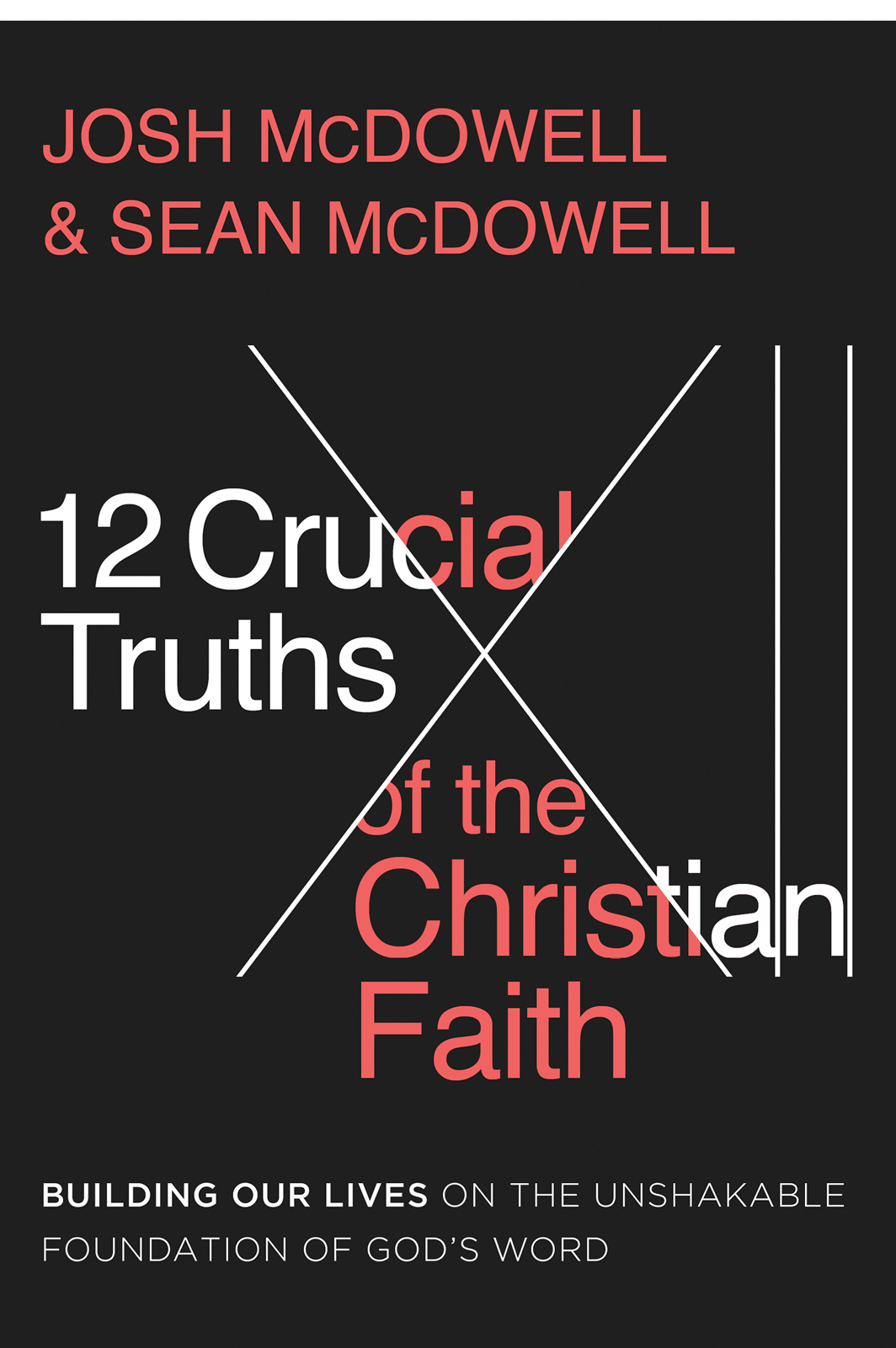
Sign Up for Updates
Connect
TOPICS
- Latest Blog
- Fiction
- Inspirational/Devotional
- Men's Christian Living
- Prophecy
- Women's Christian Living
- View All
ARCHIVES
What’s the Best Way to Share the Truth of Christianity?
Posted on Dec 12, 2023 Topic : Inspirational/Devotional, Men's Christian Living, Women's Christian Living
Posted by : Josh McDowell and Sean McDowell

Nearly 20 centuries ago, a high government official, trained in politics and the law, asked a question that has echoed all the way into the twenty-first century.
Imagine Pontius Pilate, then the Roman governor of Judea, standing in his elaborate palace, magisterially bedecked. He posed a set of serious questions to the man who stood shackled between two soldiers.
“Are you the King of the Jews?” Pilate asked. The prisoner was accused of sedition.
This prisoner, unlike most, stood straight in the presence of the governor and looked him in the eyes as he spoke. “I am not an earthly king...My kingdom is not of this world.”
“You are a king then?” the governor said.
“You say that I am a king,” the prisoner answered, aware his interrogator was in a prickly political position, “and you are right.” He looked at the politician with eyes that seemed to read not only his face but his soul. “I was born for that purpose,” he continued, “and I came to bring truth to the world. All who love the truth recognize what I say is true.”
Pilate responded, “What is truth?”
Imagine for a moment you are in that hall with Pilate and his prisoner. Imagine the words of the governor’s question echoing off the marbled walls. Imagine the expression on Pilate’s face as he posed the question, scornful at first, then turning serious when the answer did not come quickly.
Imagine the governor’s thoughts: Who is this man? Why does he gaze at me so? And the prisoner’s thoughts: Have I not just told you? I came to bring truth to the world. Pilate, you are looking at the answer to your own question: I am the truth.*
TRUTH IN RELATIONSHIP
On that day in his Jerusalem palace when he met Jesus, Pilate was not merely discussing the truth; he was literally looking at it. Truth was standing before him, clothed in human flesh! Just days earlier, Jesus had told his disciple Philip,
“I am the way, the truth, and the life” (John 14:6). He was saying truth is a person to relate to, “the way” is a person to interact with and follow, and he is the only true source of life. Truth, a way of living, and life itself is embodied in the person of God. And the means to obtain the truth, the way, and the life is through a relationship with Jesus.
To explain or present a biblical worldview and the truths of the faith outside of relationship is to distort and invite error into Christianity. Jesus wasn’t simply trying to correct the theology of the Jewish leaders with his teachings. Neither was he launching a new philosophy of the Jewish religion. He was offering a way to restore God’s original design for a world gone mad. He was offering the means to restore the God-human relationship that had been broken by sin. Relationship was key. And it still is.
A number of years ago Dartmouth Medical School commissioned a scientific study of young people. The project, which was called “Hardwired to Connect,” analyzed the results of more than 260 studies of youth. The report stated that 100 percent of all the studies they analyzed showed that from the moment a baby is born, his or her brain is physically, biologically, and chemically hardwired to connect with others in relationships.** That shouldn’t surprise us, since we were created in the image of a relational God for the purpose of relationships. In fact, the healthier we are relationally, the more receptive we will be to God’s relational truth.
It stands to reason that if truth is intrinsically relational in nature and we experience struggles or dysfunctions in our relational life, it will be more difficult to receive the truth. But the other side of this coin is that receiving the truth in all its relational meaning can overcome the problems in our relationships. Truth not only points out our wrong and corrects us; it brings relational healing as well, because truth is a person who lovingly cares for us.
-----
Sources
* Adapted from Josh McDowell, Bob Hostetler, and David H. Bellis, Beyond Belief to Convictions (Wheaton, IL: Tyndale House Publishers, 2002), 52-53.
** “Hardwired to Connect: The New Scientific Case for Authoritative Communities,” The Commission on Children at Risk, 2003.


